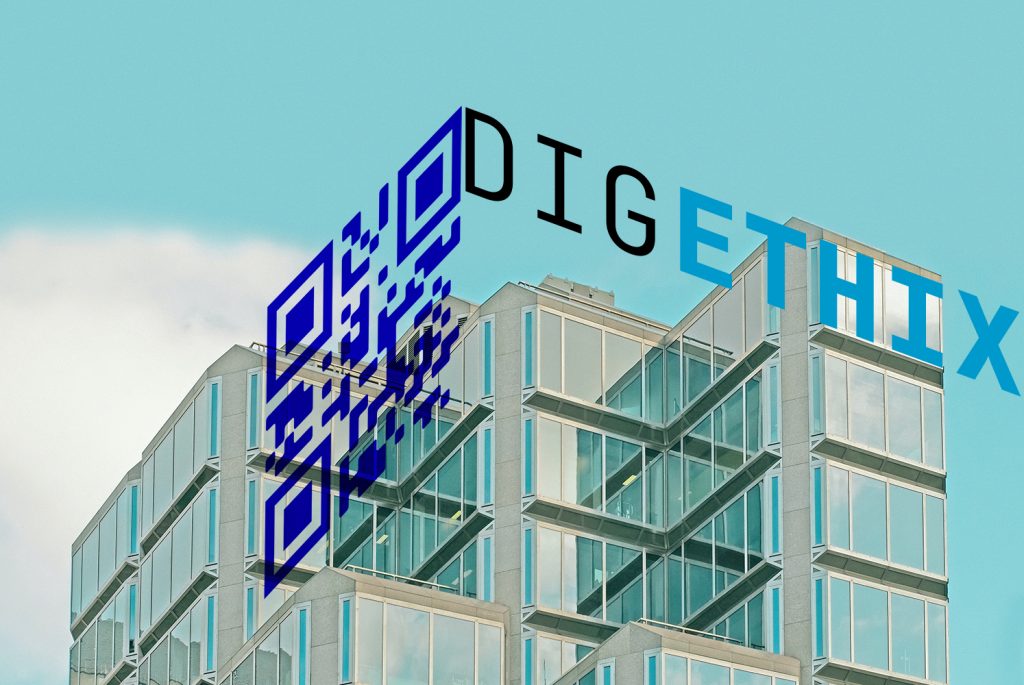Our podcast is a form of public education, suitable for anyone interested in the ethics of new and emerging technologies. The DigEthix initiative also includes supporting education in digital ethics and AI ethics for university students heading into the tech industry, and for people already working in the tech industry.
Ethics in the Tech Industry
Most large tech companies are led by good people who want to make the world a little better. But they also exist to make a profit for shareholders through creating novel products that can gain market visibility and success. Sometimes these products are so powerful that they disrupt entire economies in breathtaking ways (just think of the internet, social media, and generative AI). Thus, motivation to run comprehensive ethical analyses and to press the ethical pause button on promising new technology products is low. Fair enough, too: waiting to develop or release a new product for ethical reasons could spell corporate disaster. Heaven help the corporate executive who tries to explain the virtues of prudence and wisdom to their profit-focused board of directors. The entire economic setup is tilted away from making wise and prudent decisions about new and emerging technology.


An example will bring this important point home. Nobody in the complex landscape of social media tech companies wants to harm teenagers. But the long-term effects of intensive social media usage during the teen years are now well understood, thanks to longitudinal studies. Social media tends to increase social anxiety, deepen blue-screen loneliness, undermine self-esteem, and cause addiction to nearly meaningless amusements. Social media also takes vital time away from face-to-face relationship building, which requires tens of thousands of hours of investment to master. You get a new set of skills, to be sure, but you lose a lot, as well. If tech entrepreneurs had been able to foresee these problems, would they have desisted? Would they have built social media platforms differently? Probably not. So we have an ethics problem.
What’s the Solution?
- The Flexible Ethics Toolkit introduces basic concepts that supply a framework for ethical reasoning about existing, new, and emerging technologies. It involves some philosophical ethics and ethical analysis of basic concepts in digital ethics such as fairness and privacy, among many other things.
- Powerful Case Studies analyze real-world situations in depth, surfacing precisely how technology functioned and determining exactly where it went wrong and what it did right. Studying what actually happened in detail prepares us for the next potential disaster, helping us understand the complex adaptive social systems into which new technologies are inserted with ever-increasing speed.
The DigEthix curriculum has been adapted to a variety of education settings. Here are a few examples.
- Boston University’s new Computing and Data Sciences initiative has created an ethics requirement for both undergraduate majors and residential masters students. The DigEthix curriculum is the backbone of two courses that satisfy these requirements, created by Prof. Wesley J. Wildman.
- The online masters degree within the Faculty of Computing and Data Sciences at Boston University requires a tech ethics unit. DigEthix podcast founder Dr. Seth Villegas is designing that unit based on the DigEthix curriculum, and he’s preparing to teach it to people already in the tech industry who want to enhance their data-science skillsets.
- The SPARK! innovation and experiential learning hub at Boston University uses segments of the DigEthix curriculum both to run ethics audits for projects and to guide ethics training for participants.
- Professors at other universities wanting to teach AI ethics and related high-tech subjects are beginning to employ the DigEthix curriculum, too.
What’s Next?
DigEthix is also launching a project on virtue cultivation for the next generation. You can find out more about that on the About page of this site. When that project is more fully developed, we’ll present insights on this site.
